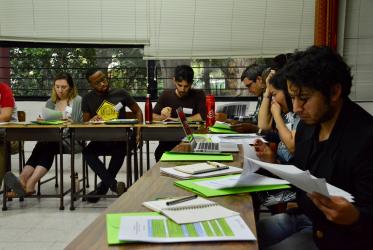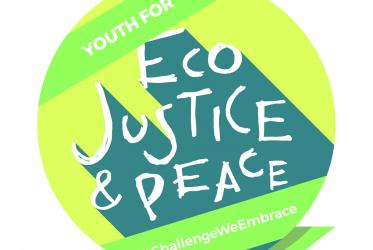Displaying 1 - 12 of 12
Diakonia: “a tool to reach abundance of life”
24 July 2018
Faith organizations assess COP 20 on the way to Paris
28 January 2015
Indigenous faith leaders reflect on resilience and climate change
23 September 2014
WCC commission leadership selected
13 August 2014
“You don't all have to be the same”
01 July 2014





